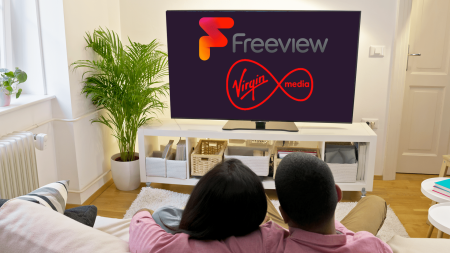The recent ban on TikTok in the U.S. sent shockwaves through the digital landscape, impacting not only the popular video-sharing app but also causing unforeseen consequences for other applications. The ban, which temporarily prevented users from accessing TikTok, highlighted the complexities and potential pitfalls of government intervention in the digital realm. The situation underscored the interconnected nature of the online world and raised questions about the effectiveness and unintended consequences of such sweeping measures. One notable casualty of the TikTok ban was the popular mobile card game, Marvel Snap. The game, which allows players to collect and battle with digital Marvel character cards, unexpectedly found itself caught in the crossfire, leaving its user base bewildered and frustrated.
The abrupt removal of Marvel Snap from U.S. app stores left players unable to log in, greeted instead by a message informing them of the ban and the developer’s efforts to restore service. This unexpected outage sparked outrage and confusion among the game’s dedicated community, many of whom had invested significant time and resources building their card collections and honing their strategies. The situation was further complicated by the lack of prior warning from the game’s developer, Second Dinner, who themselves appeared to be unaware of the impending ban. The sudden disruption served as a stark reminder of the precarious nature of digital access and the potential for collateral damage when governments implement sweeping restrictions on online platforms.
The connection between TikTok and Marvel Snap, and the reason for the latter’s inclusion in the ban, lies in their shared parent company, ByteDance. The Chinese tech giant’s ownership of both platforms appears to have been the determining factor in Marvel Snap’s removal, highlighting the potential for broad-stroke restrictions to inadvertently impact seemingly unrelated services. This incident underscores the challenges of precisely targeting specific apps or companies without affecting others within the same corporate umbrella. ByteDance has reportedly engaged in discussions with U.S. authorities to reinstate both TikTok and Marvel Snap, emphasizing the ongoing negotiations and the company’s efforts to resolve the situation for American users.
The TikTok ban and its ripple effects, including the temporary removal of Marvel Snap, exemplify the broader challenges associated with government attempts to regulate online content and platforms. Historically, efforts to ban websites or apps have often encountered technical hurdles, leading to unintended consequences and collateral damage. The imperfection of technological implementation, coupled with the intricate web of interconnected platforms and companies, makes it difficult to isolate specific targets without affecting others. This case serves as a cautionary tale about the complexities of digital governance and the potential for unintended consequences when implementing broad restrictions.
The incident also reignited debates about the role of government in regulating media consumption. Censorship campaigns, while sometimes driven by legitimate concerns about national security or harmful content, often face resistance and raise questions about freedom of speech and access to information. The TikTok ban, in particular, has proven unpopular among many users, sparking discussions about the balance between government oversight and individual liberties in the digital age. The varied levels of public support for such measures further complicate the issue, highlighting the diverse perspectives and values at play.
The Marvel Snap outage, while ultimately temporary, served as a microcosm of the broader issues surrounding digital governance and the unintended consequences of broad-based restrictions. The incident highlighted the interconnected nature of online platforms, the challenges of targeted regulation, and the ongoing debate about the appropriate role of government in shaping the digital landscape. The situation underscores the need for careful consideration and nuanced approaches when navigating the complex terrain of online content regulation and the importance of balancing security concerns with individual freedoms.











